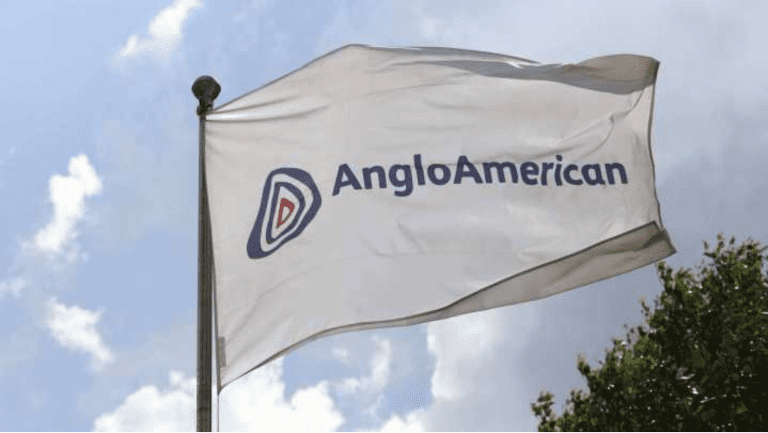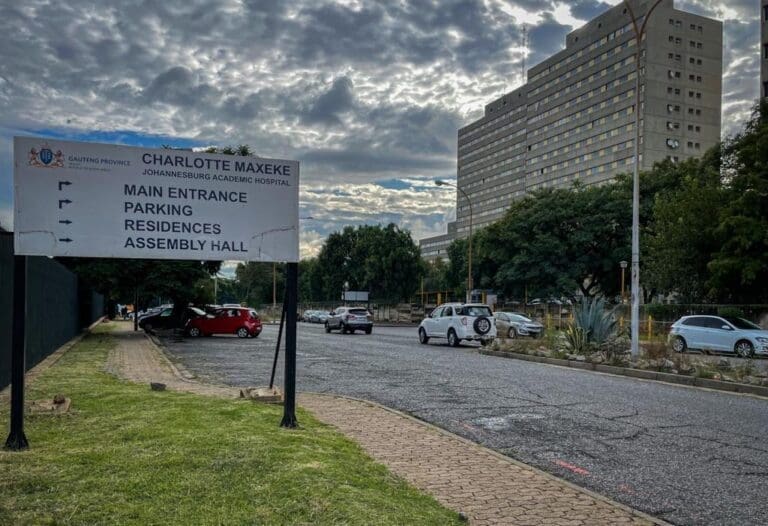Purchasing a home for the first time can be a daunting experience, especially for those who are not familiar with the process and the financial support available to them. Banks usually offer mortgages where the repayments do not exceed 30% of a buyer’s gross income, but this can still pose a significant financial challenge.
Owning a home involves various expenses including mortgage payments, living costs, insurance, taxes, etc., which can rapidly accumulate, often consuming most or all of a homeowner’s income. For instance, if mortgage payments alone take up 30% of one’s monthly income, adding other household expenses can lead to a situation where there’s little left for savings.
To alleviate the financial strain of homeownership, the South African government has introduced the Finance Linked Individual Subsidy Programme (FLISP). This program is designed to assist those on a minimum or average income, who are ineligible for the RDP housing program, by providing subsidies to help them access housing and mortgages. FLISP has been instrumental in helping numerous South Africans achieve their dream of owning a home.
The Financial Linked Individual Subsidy Programme (FLISP), established in 2005 by the National Department of Human Settlements, targets South African citizens and permanent residents who earn between R3,501 to R22,000 per month and are aged 18 or above. The subsidy amount varies based on the applicant’s income, ranging from R27,960 to R121,626.
FLISP, which is often used interchangeably with FLIPS, is a grant, meaning recipients are not required to repay it. The program collaborates with major South African banks to make it accessible to mortgage applicants. Banks typically inform eligible customers about FLISP and can apply for the subsidy on their behalf, given a mandate. However, it’s important to note that FLISP is exclusively available to first-time home buyers.
Eligibility for FLISP includes earning a gross monthly income within the specified range, being married, cohabiting, or single with dependents, being over 18 years old, having never owned fixed property, being a South African citizen or permanent resident, and not having received a government housing subsidy previously. The subsidy can be used for purchasing existing or new residential properties, or vacant land under certain conditions.
FLISP offers two types of applications: credit-linked and non-credit-linked. The credit-linked application helps reduce the principal debt on a mortgage, while the non-credit-linked application supports those who have sufficient funds for a property purchase but need additional financial support.
To apply for FLISP, one needs to secure a home loan approval (or save enough money for a non-credit-linked application), complete the FLISP application form, and provide supporting documents like ID copies, proof of income, residency, and other relevant documents. The application is then submitted to the Department of Human Settlements or the National Finance Corporation.
The FLISP subsidy amounts are tiered based on income, with different subsidy amounts corresponding to different income brackets.
In conclusion, while FLISP is a beneficial program for many South Africans, there is a need for greater awareness to ensure that more eligible individuals can take advantage of this opportunity. The government’s focus should be not only on distributing funds but also on making sure the program reaches those it’s intended for.


































